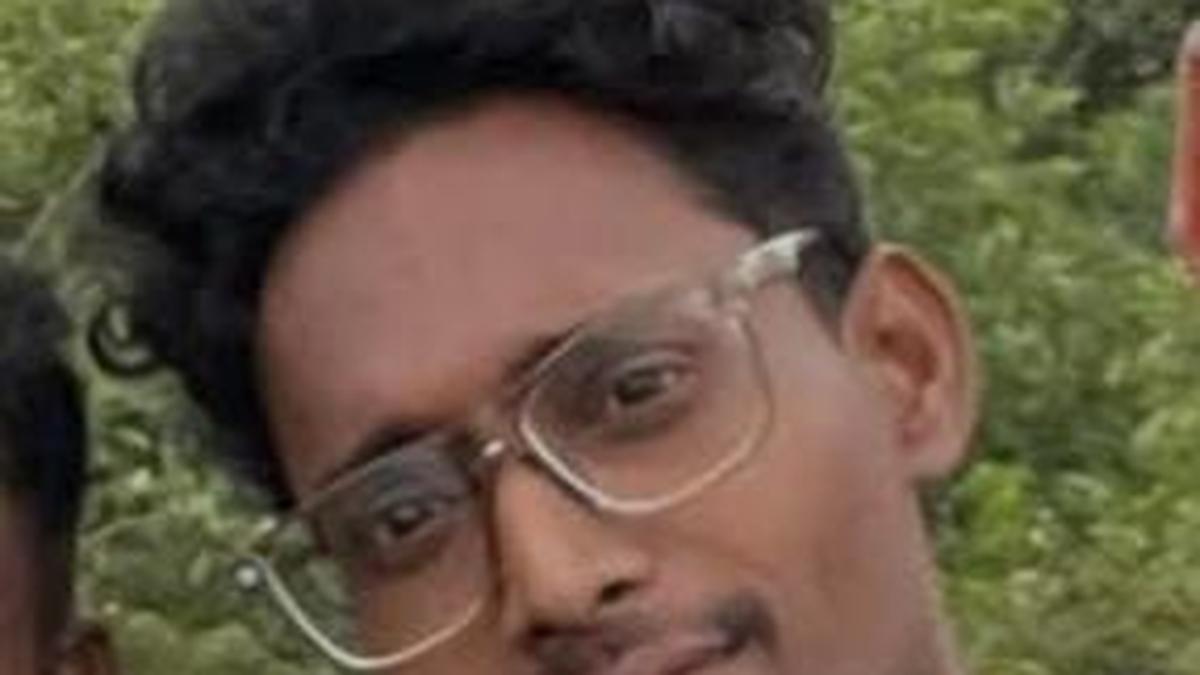The family of a patient with Juvenile Huntington’s Disease (JHD), a rare inherited disorder that causes progressive neuro-degeneration, donated his brain to NIMHANS for research on Monday.
The doctors said, “This is the first instance of a JHD brain donation at the institute.”
Last year, the NIMHANS Brain Bank received its first brain donation from an adult patient with Huntington’s Disease (HD). Researchers at the institute have already begun studies on that specimen.
The deceased, Jagadeesha, hailed from Kalagotla village in Yemmiganur mandal of Kurnool district, Andhra Pradesh. He began showing early symptoms of JHD in 2014, at the age of 12, including learning difficulties and behavioural changes. He was first evaluated at NIMHANS in 2017.
Anita Mahadevan, professor and head of the Department of Neuropathology and Coordinator of the NIMHANS Brain Bank, said a team from the institute travelled to the village, and the brain was harvested (within 24 hours of death) at a government facility there.
Act of generosity
“This is a great act of generosity by the family. This JHD brain is the first in the country and a precious gift of hope for researchers studying neurodegenerative disorders. It will be dissected and frozen at –86°C for research,” she said.
Dr. Mahadevan noted that awareness and efforts by doctors have led to more families of patients with neurodegenerative disorders coming forward for brain donation. “The number of overall brain donations has increased this year, and we now have over 450 specimens in our bank,” she said.
Meera Purshottam, Chief Scientific Officer at the Molecular Genetics Laboratory, NIMHANS, said, “It is important to study the structural and molecular changes in the brain of a JHD patient and how they differ from a normal brain of the same age.”
Juvenile HD differs from adult HD in both biology and clinical presentation. “Typically, individuals with JHD have over 60 CAG (cytosine–adenine–guanine) repeats in the gene. The higher the number of repeats, the earlier the onset and the faster the disease progression,” Dr. Purshottam explained.
Nikhil Ratna, co-founder and vice-chairman of the Huntington Disease Society of India (HDSI) and a researcher in HD, said he had seen Jagadeesha as a trainee resident at NIMHANS in 2017 and had followed his case since then.
“Over the years, his condition worsened, leading to stiffness, restricted movement, difficulty with eye movement, speech, and swallowing. In recent years, he became bedridden and developed severe epilepsy and repeated falls, which led to head injuries and his untimely death on Sunday,” he said.
Plight of families
The Huntington’s Disease is a genetic, adult-onset neurodegenerative disorder, usually presenting with involuntary movements known as chorea. In rare cases like Jagadeesha’s, the disease begins before the age of 20 and is classified as Juvenile HD. It has distinct symptoms, progresses faster, and follows a different disease mechanism.
“Jagadeesha inherited the mutation from his father, who showed symptoms in his 30s. His elder sister was also diagnosed at 18. The length of the CAG repeat expansion determines the age of onset - the longer the expansion, the earlier and more severe the disease. The JHD accounts for about 6% of all HD cases and remains poorly understood,” Dr. Ratna explained.
HDSI chairman Venkateswara Rao Kaushik, who coordinated the donation along with Dr. Mahadevan and Dr. Ratna, said the society has been urging the government to recognise HD as a rare disease.
“Caregivers face an enormous burden. Patients require multidisciplinary and palliative care in the advanced stages. Dedicated centres with specialists under one roof, similar to those in Western countries, should be established,” said Mr. Kaushik, whose wife is bedridden with HD.

 11 hours ago
6
11 hours ago
6










 English (US) ·
English (US) ·